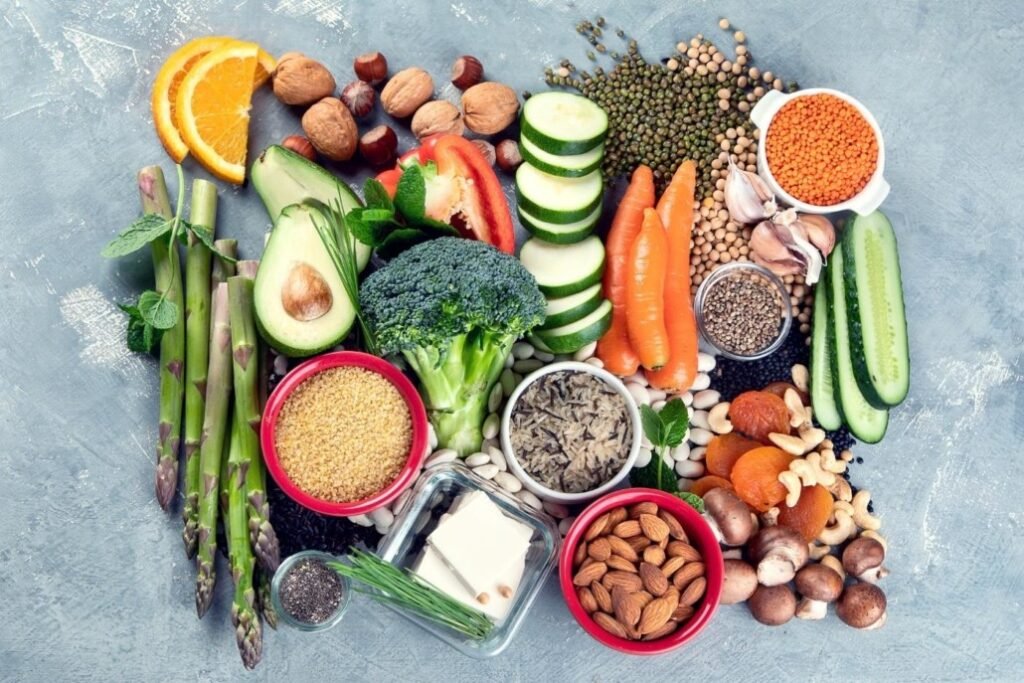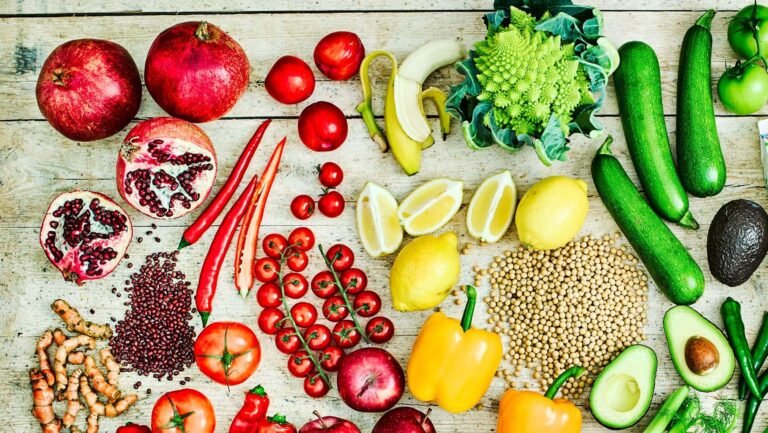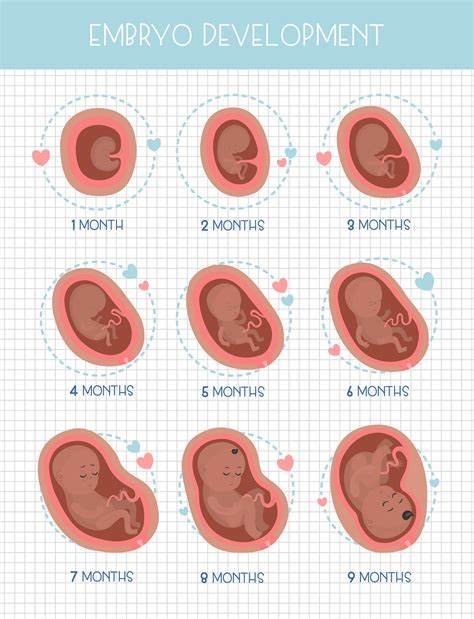
Plant-Based Diets: Benefits and Tips
A plant-based diet focuses on foods derived from plants, including vegetables, fruits, grains, nuts, seeds, and legumes. This way of eating emphasizes whole, minimally processed foods while avoiding or reducing animal products. With increasing awareness about health and environmental issues, more people are turning to plant-based diets. In this post, we’ll explore the benefits of a plant-based diet and provide helpful tips for making the transition easier and more sustainable.

Health Benefits of a Plant-Based Diet
Adopting a plant-based diet offers a variety of health benefits. Research shows that plant-based eating can help prevent and even manage chronic conditions such as heart disease, diabetes, and high blood pressure. It also supports weight loss and improved digestive health.
1. Heart Health
A plant-based diet is rich in antioxidants, healthy fats, and fiber, all of which contribute to a healthy heart. Studies show that plant-based diets can lower cholesterol levels, reduce blood pressure, and decrease the risk of heart disease. By avoiding animal fats and incorporating heart-healthy plant foods like leafy greens, nuts, and seeds, you can keep your heart functioning optimally.
2. Weight Management
Plant-based diets are typically lower in calories and high in fiber, which can help you feel fuller for longer. This makes it easier to manage your weight and reduce the risk of obesity. Since plant-based foods are nutrient-dense, you can enjoy large portions without consuming excess calories. Eating a variety of fruits, vegetables, and whole grains helps support a healthy metabolism and can lead to long-term weight loss.
3. Improved Digestion
Fiber plays a central role in digestion, and plant-based diets are naturally rich in fiber. Foods like beans, lentils, fruits, and whole grains help improve gut health, prevent constipation, and maintain a healthy digestive tract. A high-fiber diet supports the growth of beneficial bacteria in the gut, promoting better nutrient absorption and reducing inflammation.
Environmental Benefits
Plant-based diets are not only beneficial for personal health but also for the planet. The environmental impact of animal agriculture is significant, contributing to deforestation, greenhouse gas emissions, and water pollution. By reducing or eliminating animal products from your diet, you can reduce your carbon footprint and contribute to a more sustainable food system.
1. Lower Carbon Footprint
Animal agriculture is one of the leading causes of greenhouse gas emissions. Producing plant-based foods typically requires fewer resources and generates less pollution. By adopting a plant-based diet, you can help reduce your carbon footprint and support the fight against climate change.
2. Conservation of Natural Resources
Raising animals for food requires large amounts of water, land, and energy. Plant-based foods, on the other hand, have a smaller environmental footprint. For example, it takes significantly less water to grow vegetables, fruits, and grains compared to raising livestock. Choosing plant-based options helps conserve vital natural resources.
Tips for Transitioning to a Plant-Based Diet
Switching to a plant-based diet might feel overwhelming at first, but with the right approach, the transition can be easy and enjoyable. Here are some practical tips to help you get started:
1. Start Slowly
You don’t have to go fully plant-based overnight. Start by incorporating more plant-based meals into your diet and gradually reduce your intake of animal products. You might want to begin with “Meatless Mondays” or aim to have one plant-based meal each day. Over time, you’ll find it easier to make plant-based choices.
2. Focus on Variety
Eating a variety of plant-based foods ensures that you’re getting all the essential nutrients your body needs. Include a wide range of fruits, vegetables, whole grains, nuts, seeds, and legumes in your meals. Experiment with different cuisines and ingredients to keep your meals exciting and nutrient-dense.
3. Plan Your Meals
Meal planning is key to staying on track with a plant-based diet. Plan your meals ahead of time to ensure you have all the ingredients you need. This can help you avoid processed foods and ensure that you’re getting a balanced diet. Try batch cooking or preparing meals in advance to make mealtime more convenient.
4. Watch Your Nutrients
While a plant-based diet is rich in many nutrients, some nutrients like vitamin B12, iron, calcium, and omega-3 fatty acids may require special attention. You can obtain these nutrients from plant-based sources or supplements. For example, B12 is primarily found in animal products, so consider fortified plant milks or B12 supplements.
5. Experiment with Plant-Based Proteins
Protein is an essential nutrient that is readily available in plant-based foods. Try incorporating beans, lentils, chickpeas, quinoa, tofu, tempeh, and edamame into your meals. These foods provide a healthy source of plant-based protein, ensuring you get the necessary building blocks for muscle growth and repair.
Conclusion
A plant-based diet offers numerous benefits for your health, the environment, and animal welfare. By making simple changes and focusing on variety and balance, you can experience improved heart health, better digestion, and a lower environmental impact. Whether you’re looking to fully transition or simply add more plant-based meals to your routine, the key is to approach it with an open mind and a willingness to experiment. With the right planning and support, you can enjoy a delicious and nutritious plant-based lifestyle.







